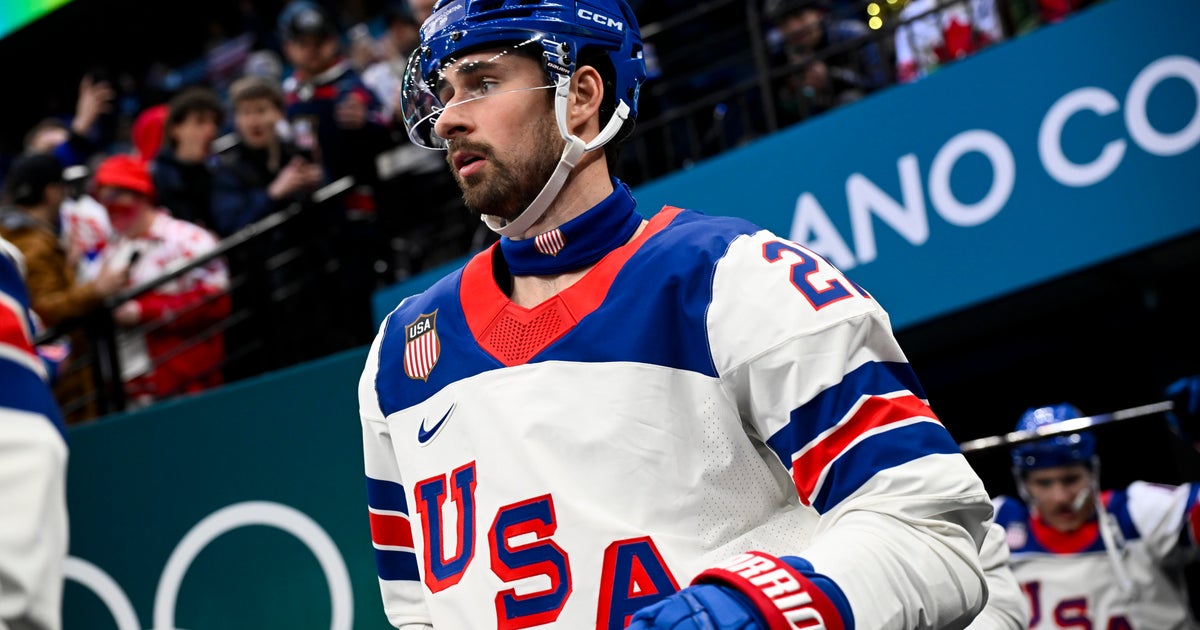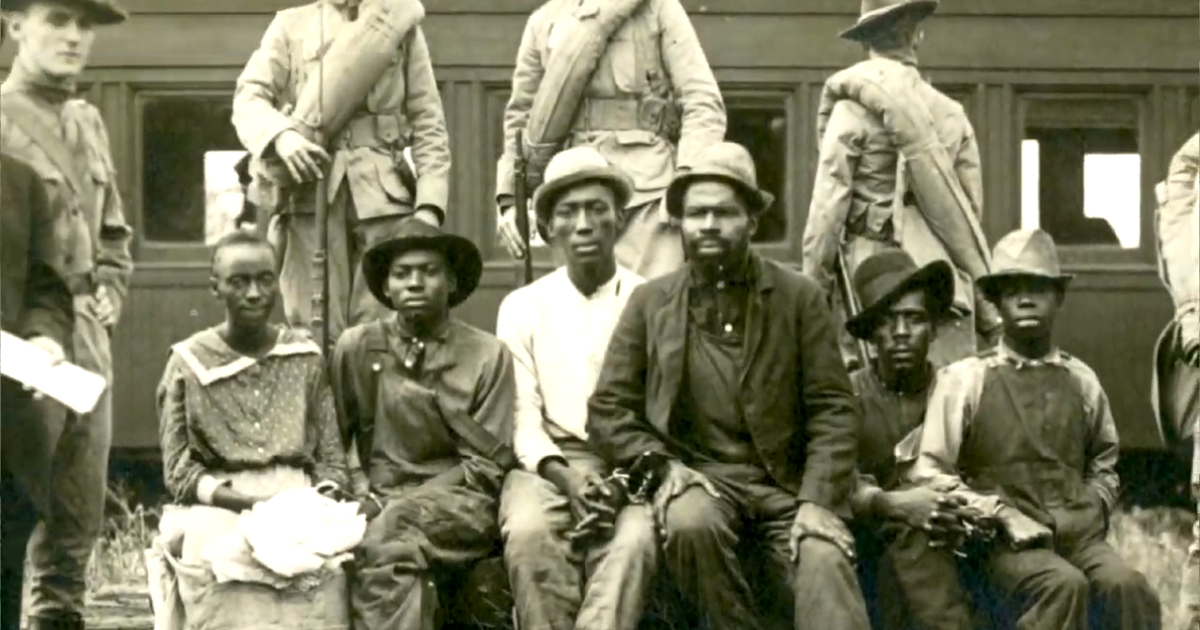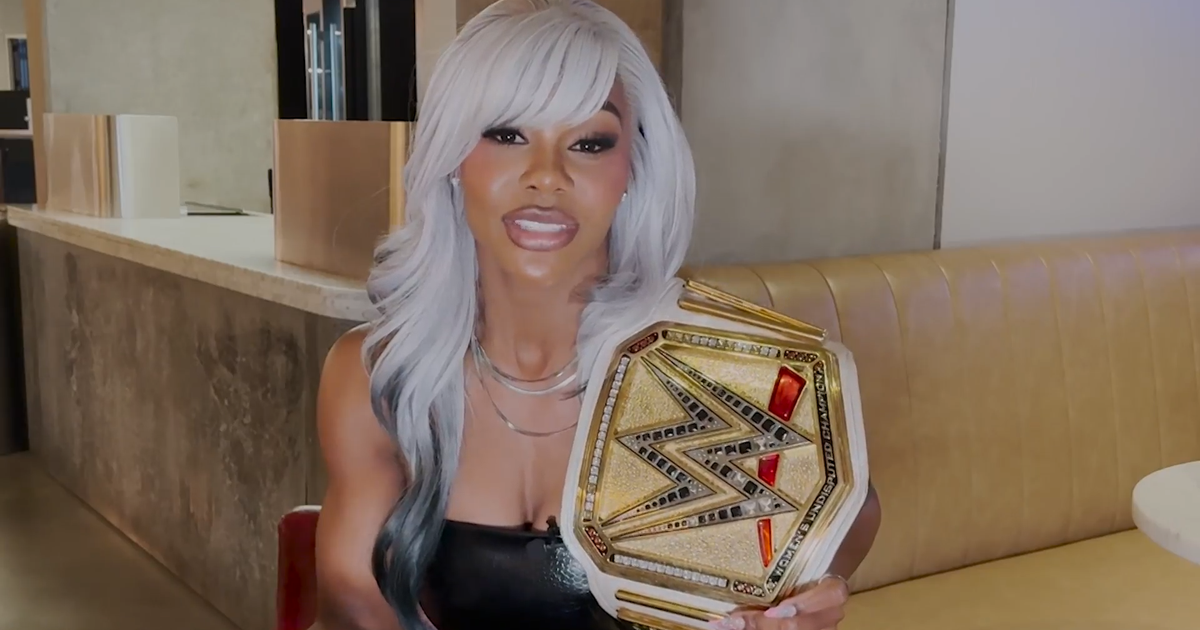Spiegel: Ernie Banks' Legacy Has Many Layers
By Matt Spiegel-
(CBS) It takes a while to process.
This is how vast and multi-layered the legacy of Ernie Banks is. Feelings on Mr. Cub deepen depending on your age, relationship with the game, your socio-political interest and outlook on life itself.
Start with the man. Banks -- who passed away from a heart attack Friday at 83 -- clearly possessed an excellent version of the human spirit. There were times you wondered if it could possibly be real. Who is this positive? Who is this sunny, kind and courteous? Eventually you realized that he was. There was no act. The man loved life and wanted to bond with everyone about it.
The player's accomplishments are well-known, but death brings a renewed level of awareness. Banks was the first true power-hitting shortstop. His record for home runs at his position, 277, stood for all of MLB until Cal Ripken broke it. It remains the NL record, more than 43 years after his retirement. There were extremely rare back-to-back MVPs, 235 more homers after knee problems forced him to first base and left field and 14 All-Star Games.
As the singularly great, positive, if ultimately winless Cub, Banks stood for something vital. A lack of success doesn't mean you can't go to the ballpark and have a good time. This concept gets a bad rap, because it's usually looked at from back end: Why are you smiling? You've won nothing. What are you celebrating? There hasn't been even one trip to the World Series since 1945.
But look at it from the front end. Banks' relentless positivity in the face of ceaseless competitive failure worked for him. It helped him stay excellent at his job, stay happy in his life and stay inspirational to his teammates and fans. I deeply admire that.
There is Banks, the cog in a somewhat involuntary social wheel; he was the first black Cub. This came six seasons after Jackie Robinson and Larry Doby, and Banks lived his breakthrough in his way. He never considered himself "a crusader" and wasn't vocal on issues of race. He wanted to keep it about baseball, and baseball alone.
Bill Madden wrote a terrific book last year called "1954," which is about the first generation of black superstars that changed the game forever.
The dedication reads:
"For Jackie, Larry, Willy, Campy, Monte, Hank, Ernie, and Minnie: They turned seventy-eight years of baseball's injustice into a collective triumph of the human spirit."
Consider what these men had to be. Good enough to be worth "the trouble" for an organization, strong enough to withstand the hatred and restrained enough to not fight back. That's a rare blend of excellence, confidence and humility. That was Ernie Banks.
What lasts for many who grew up with him is Banks as a conduit for baseball love. He was a lot of people's first favorite player. What he meant to baseball fans of a certain age can't be overstated. It was an era with a handful of TV channels, no Internet and a very sparse big-time sports landscape. He was a brilliant, gallant, classy player. He was a talisman for burgeoning relationships with the game that have lasted and been passed on.
Is that kind of relationship is still possible? Is there a chance these days for a pure, somewhat naïve love affair between fan and player that would even compare?
That concept seems to die a bit when someone like Ernie Banks goes.
Here's to Mr. Cub, who somehow lived a life that exceeded our ideals.
Listen to Matt Spiegel on 670 The Score weekdays from 9 a.m.–1 p.m. CT on The Spiegel and Mannelly Show. Follow him on Twitter @MattSpiegel670.







